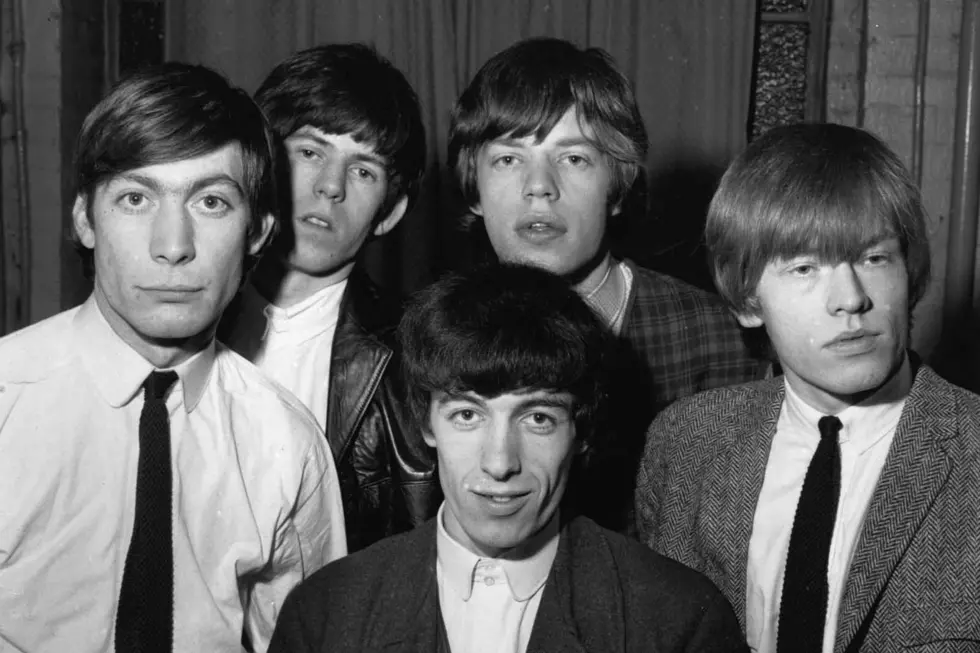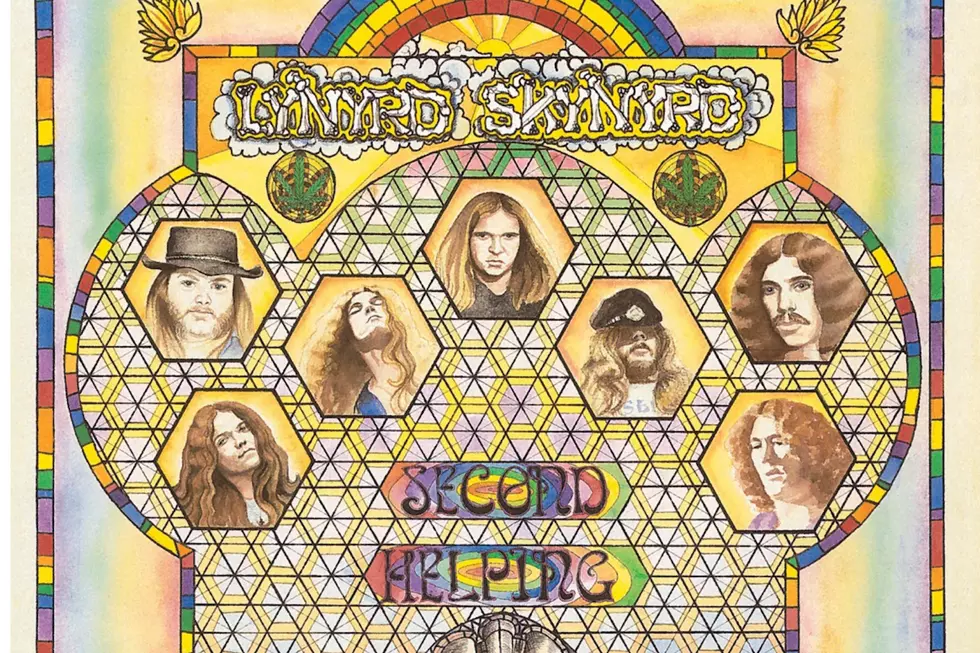
Is Remastering Always A Good Idea?
The holiday shopping season is here, and with it a fresh round of artists reissuing their greatest works. Led Zeppelin dropped their remastered versions of 'Led Zeppelin IV' and 'Houses of the Holy' in late October; earlier this week, Bruce Springsteen unloaded a boxed set covering all his records from 1973 to 1984.
It's a yearly occurrence; for some artists, it's an endless cycle. Rolling Stones fans will debate for hours about the merits of the 1994 Virgin remasters over the 2009 Universal Music remasters. Elvis Costello's catalog has been done a few times, first by Rykodisc, then by Rhino -- each with non-repeating sets of bonus material. The Springsteen collection is the first time his earliest albums have been remastered, with the exception of boxes for 'Born to Run' (2005) and 'Darkness on the Edge of Town.' (2010).
I first heard 'Born to Run' was on the radio in my 1994 Ford Tempo, most likely on 105.9 WCKG, which at the time billed itself as "Chicago's Only ALL Classic Rock." It was not what I would characterize as a high-fidelity system, but it was perhaps the perfect way to hear 'Born to Run': crappy car speakers, traffic whizzing by outside the windows, sound lathered in a fine layer of static.
With 'Born to Run,' Springsteen famously set out to capture his take on Phil Spector's "Wall of Sound." There are countless guitars layered on top of one another, strings, saxophone, glockenspiel and more. It's a production style that was designed to be heard on tinny car radios, and it sounded great.
On the new version, 'Born to Run' has a bit too much clarity. Instead of sound blending together, it's almost like entire groups of sounds are compressed into a single element in the mix, with other elements resting above that bed. To my ears, it's a major change.
Listen to 'Born to Run'
Remastering is a tricky process, says I, someone who has never remastered a single thing in his entire life. When it's done right, it's like taking a bottle of Windex and spraying a layer of grime off your favorite music. At the same time, it's got to be true to what ever the original intent of the music was…and good luck deciding what that is.
One of the great remasters (and I realize I may be in the minority on this) is the 2010 re-issue of the Rolling Stones' 'Exile on Main Street.' The sound became clearer, to a degree. But it retained the fundamental murkiness of the original mix, which has always been a key component of the album's enduring mystique.
For the most part, the Springsteen remasters do get it right. 'The River' is greatly improved, and there are no other glaring stumbles. 'Nebraska' still sounds like a collection of homemade demos, which it was. The one misstep for me just happens to be Springsteen's greatest song.
'Born to Run' is like 'Exile' in the way that the Wall of Sound requires a certain level of sonic interference so that the elements blend together. It can't sound too good. When it works, your ear is constantly searching to find defined individual sounds within the mix. That's what makes it compelling. Clear away that haze, and what's left is just another massive strand of noise moving alongside the other instruments.
That's the risk of remastering; you can disrupt the careful balance between the song on the stereo and the song in your head. After all, what is 'Born to Run,' anyway? Is it the sound that obsessed Springsteen for months of production? Is it the song that spun on turntables in the '70s? Is it an eight-track, a cassette, a CD, an MP3, a high resolution FLAC file?
A song like 'Born to Run' is both a universal and intensely personal thing. It belongs to all of us; it belongs to me. And what 'Born to Run' is for me will always be different than what 'Born to Run' is for you. I'm not even talking about what the lyrics mean or what it reminds you of; I'm talking about the actual sounds and how our ears and brains perceive them. It's like the idea that my "green" may be totally different from your "green" because our eyeballs are not identical organs.
So you can remaster, remix, and polish every diamond and turd in the classic rock lexicon, and you still end up with the same thing: Guys and gals in cars and offices and bedrooms, all around the world, listening and hoping, dreaming and connecting. Remasters do give you an excuse to return to great music. They're interesting when they reveal new dimensions of classic work. It's disappointing when they don't get it right.
In the end, it doesn't really matter. The song is the song is the song, and it's mine and yours too. It can never change; it can never stop changing.
You Think You Know the Rolling Stones?
More From Ultimate Classic Rock









